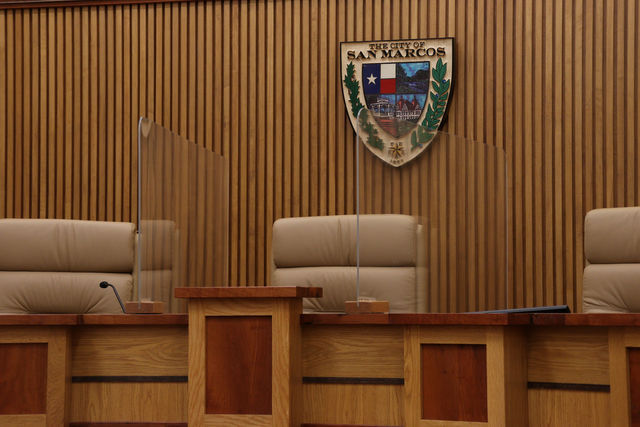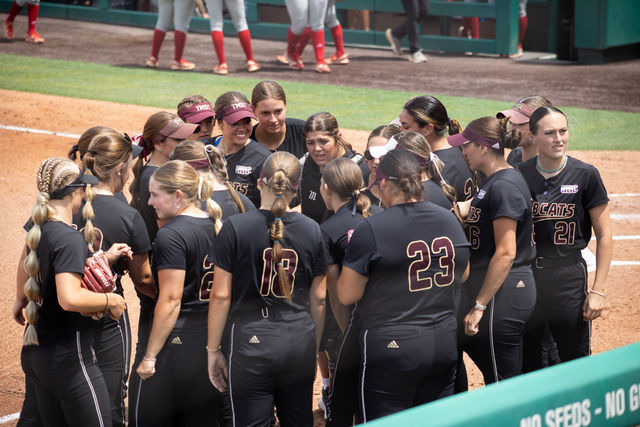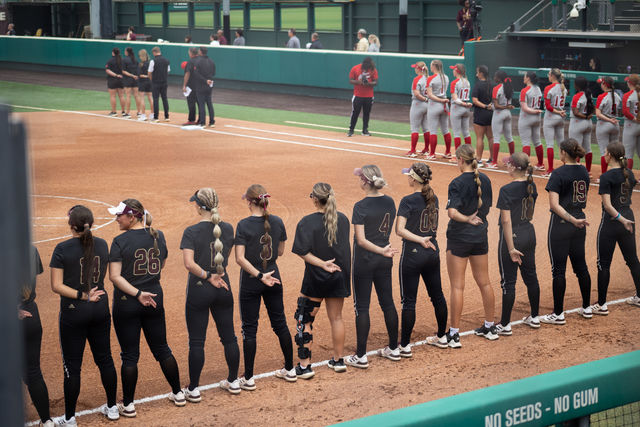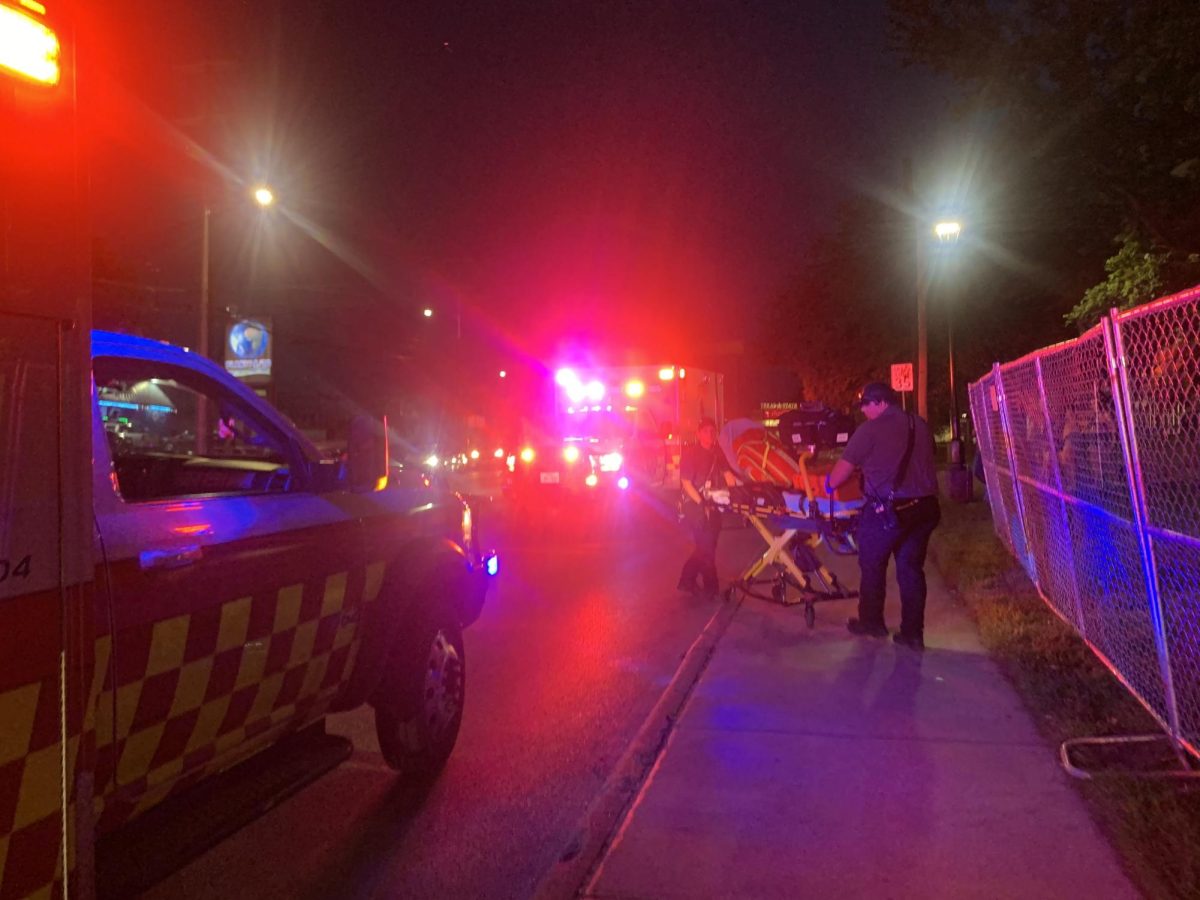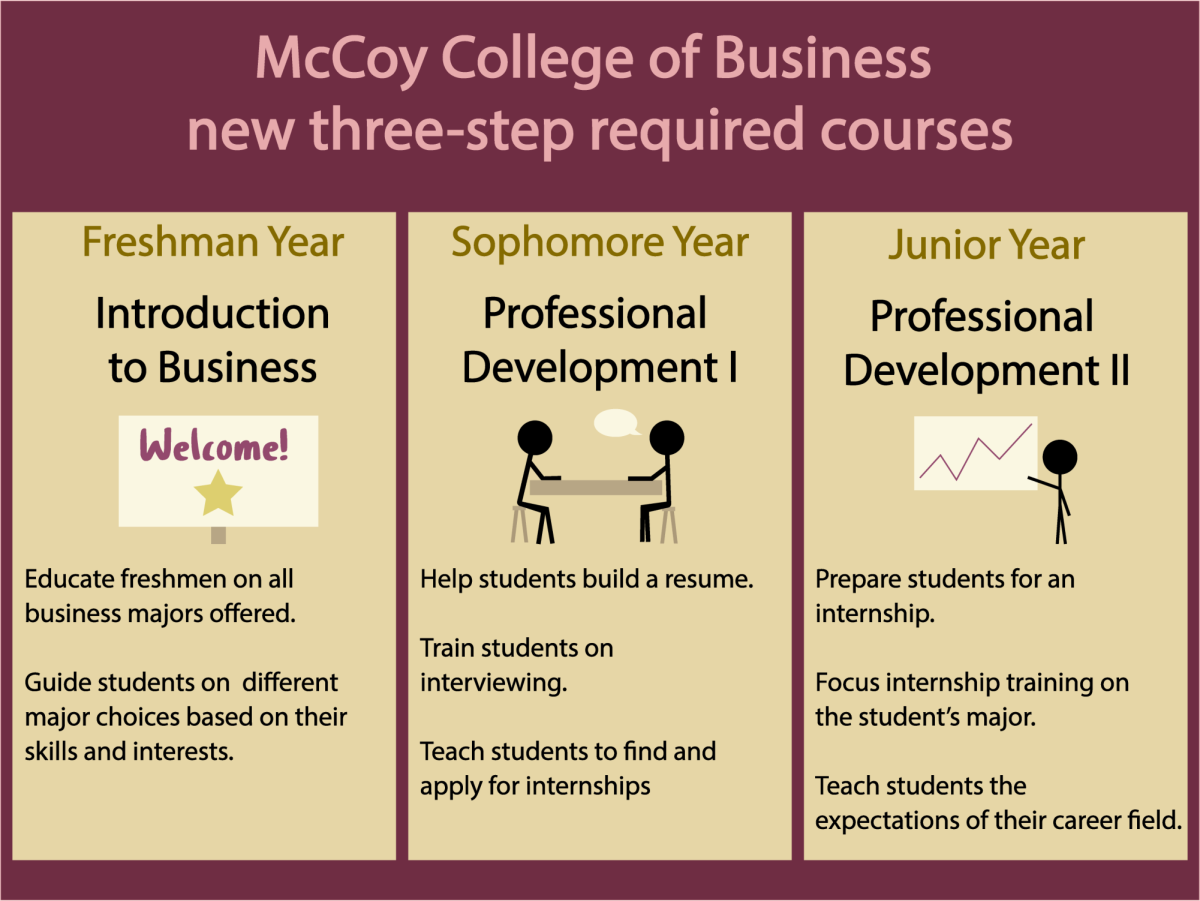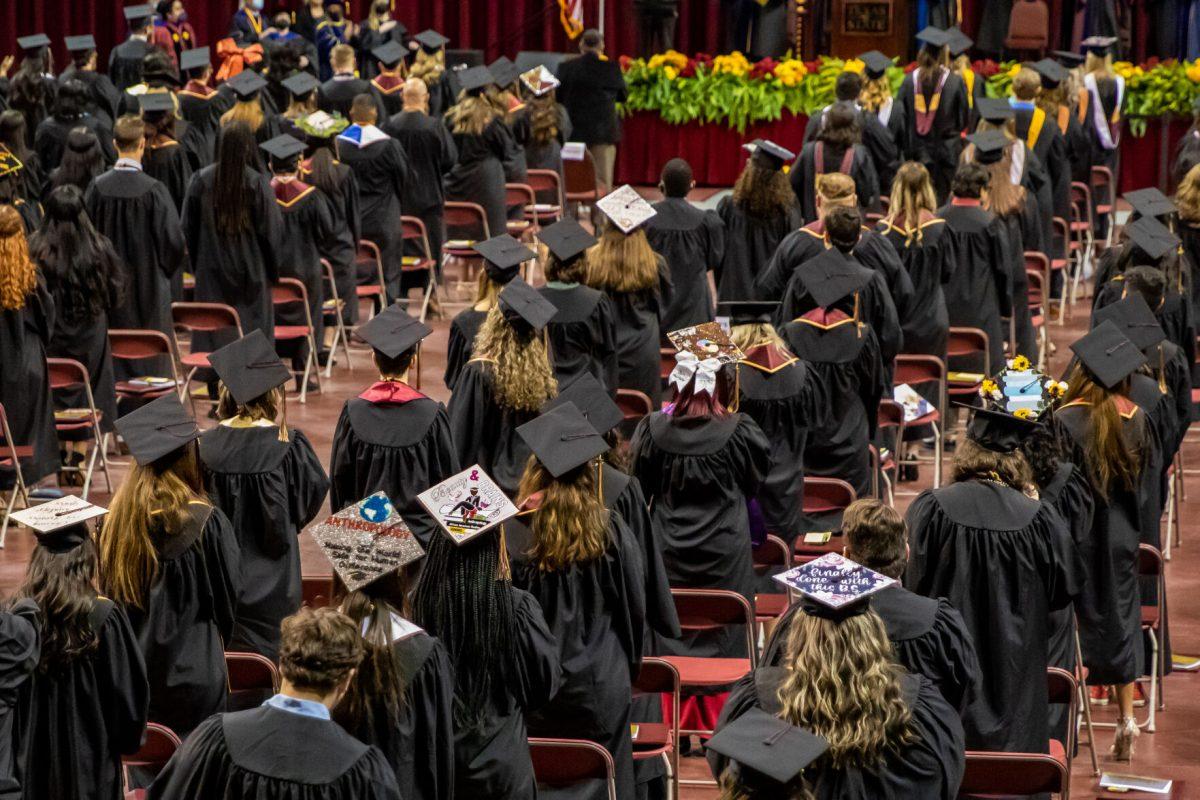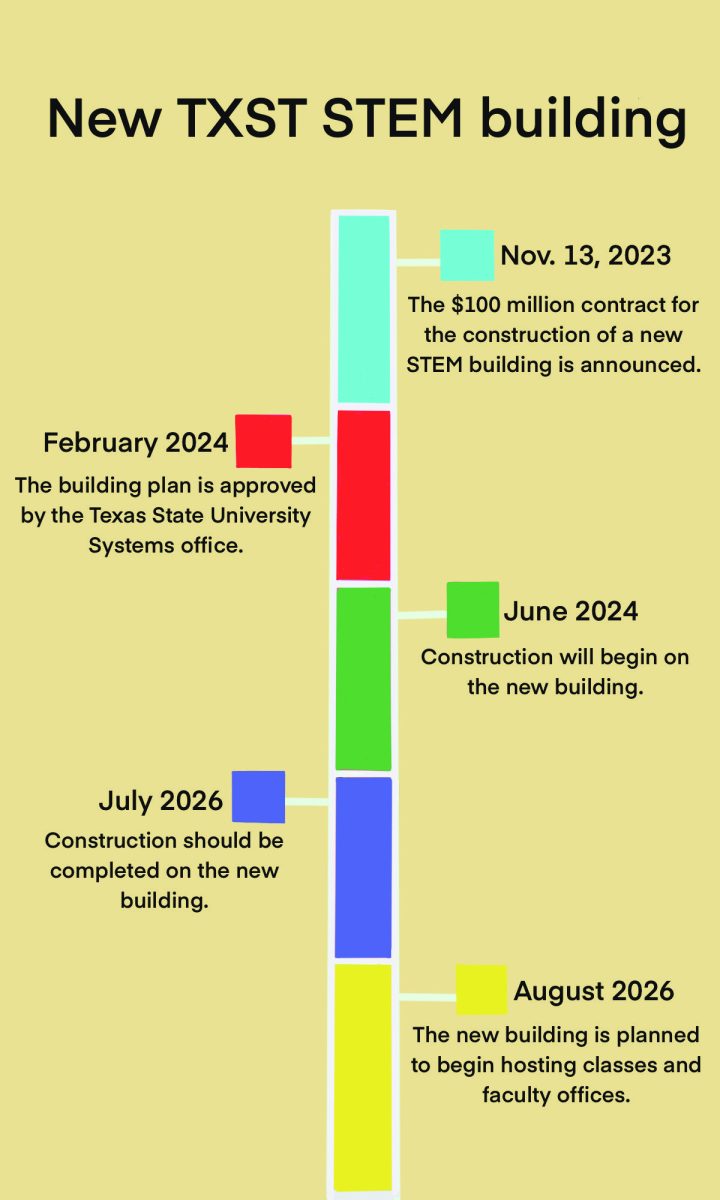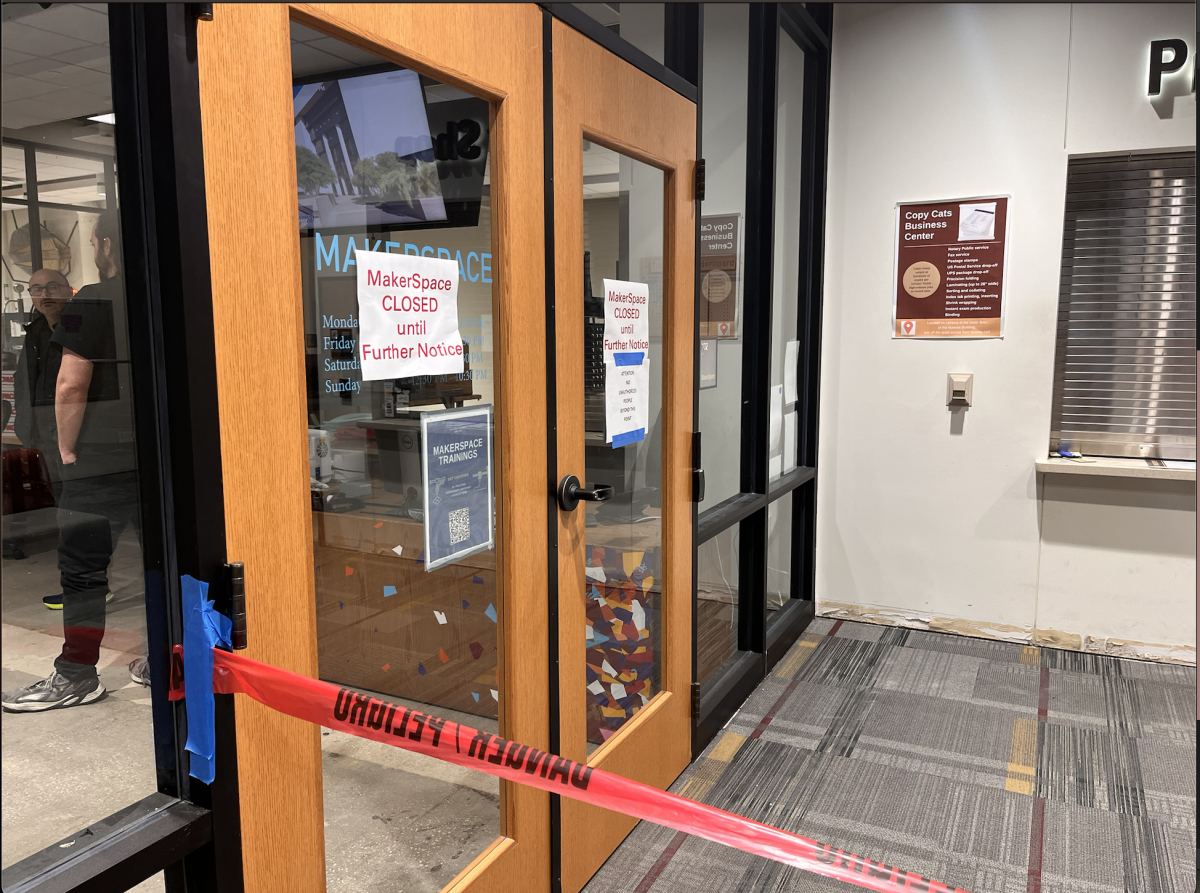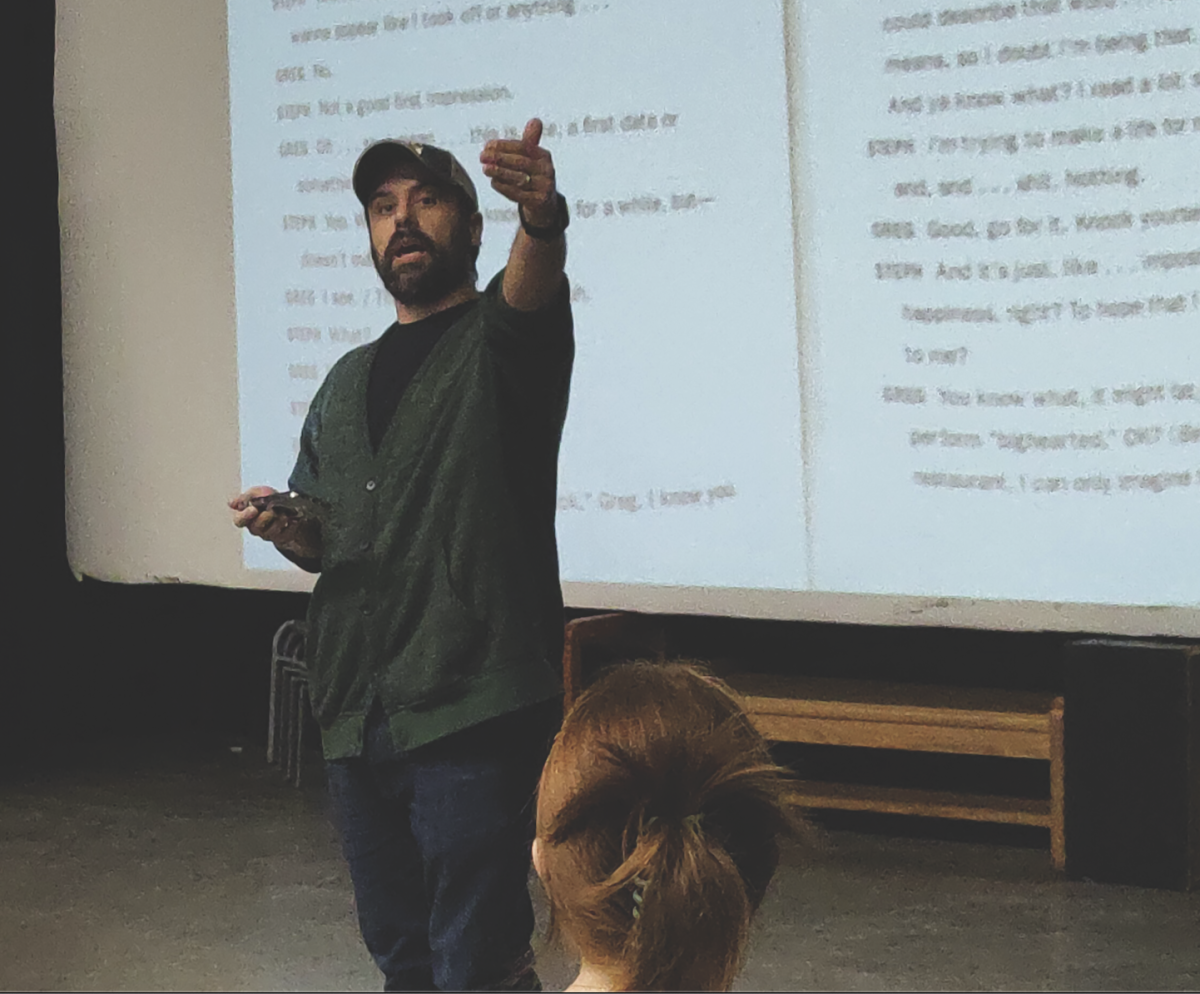As applications for Texas State’s Bobcat Cares program closes, some students receive immediate assistance while facing difficulties brought forth by COVID-19, while others face the hardships without receiving anything.
COVID-19 placed financial hardships among many students, and to help relieve some of those economic burdens, Texas State provided $30 million in relief funds through Bobcat Cares. The relief funds include $15 million allocated for students who have been financially impacted by COVID-19. Applications for the program opened April 27 and closed May 27.
According to Director of Financial Aid and Scholarships Christopher Murr, awards are still in the process of being distributed to the students.
“As of [the closing date], 14,771 students have been awarded more than $11.7 million in Bobcat Cares Emergency Grant funds. Over 91% of applicants have received an award, and I expect that percentage to increase this week,” Murr said.
Some of those who received funds used the boost from the university to help pay for school expenses, while others focused on using the money to recover from expenses brought forth by the COVID-19 pandemic.
“When I applied for it, I received $1000 back from the program, which I consider more than sufficient,” said Diego Hurtado, a biology sophomore who received funds. “I used the money to pay off rent for my housing for the fall semester, and I used it for credit card debts I’ve accumulated over the past few months.”
Hurtado said he is grateful for the financial support but believes the university should have used more of the overall funds to focus on upcoming financial challenges presented by the fall semester.
“I believe a lot of financial issues will be coming for the fall because a lot of students are determining if they’ll be able to pay for school because people may not qualify for loans, so I think more of the money should have been allocated towards the fall semester,” Hurtado said.
Not all students who were able to apply received their funds immediately; some did not receive anything at all. Hailey Paulk, accounting junior, pays for her own tuition and applied for the grant to put money toward the fall semester. She has yet to hear anything back from the program, believing it may be due to her inability to submit a FAFSA.
The Bobcat Cares official website states students do not need to submit the FASFA to receive aid. As long as the student is eligible to submit the FASFA, they are free to apply for the relief funds.
“I meet all the standards listed to be qualified and applied the first day, yet I still haven’t heard back [as of June 1], and friends who applied later than me have already received their grant,” Paulk said.
Paulk is not the only student paying for tuition that faced qualification issues. Undocumented, immigrant, international students and DACA recipients do not qualify because of how the U.S. Department of Education interprets the distribution requirements for the Emergency Federal Aid Grants.
The interpretation is based on a formula that is stated in the CARES Act: Higher Education Emergency Relief Funds in which universities have to distribute funds in the same way they distribute student aid. It has been interpreted by the Department of Education to exclude people who did not qualify for Title IV.
Federal Title IV aid is financial assistance the federal government provides to eligible higher education institutions, like Texas State, to provide assistance to students in obtaining a postsecondary education. Students need to be eligible for Federal Title IV funding to receive relief through Bobcat Cares, but to be eligible for Title IV funding means students also have to be eligible to submit the FAFSA.
Undocumented, immigrant and international students are not eligible to submit the FAFSA, so they are ineligible for emergency relief funds through Bobcat Cares.
When Yunuen Alvarado Bustos’ mom lost her job due to the COVID-19 pandemic, she went from working 20 hours a week to 60 in an effort to support her family. She described having to work until physical and mental exhaustion as devastating and miserable.
Just when Bustos, a DACA student, thought things could not get worse, she discovered she was not eligible for Texas State’s Bobcat Cares relief funds.
“I just thought that was unfair because Texas State prides itself on serving all students and all students pay tuition here,” Bustos said. “Regardless of status, we all pay tuition.”
A few days after the Bobcat Cares application went live, Bustos was able to receive some relief after her mentor informed her of an emergency grant through the Dean of Students’ office where federal aid eligibility was not required. Bustos received $400 whereas one of her friends received about $1000 through Bobcat Cares.
“That was really helpful,” Bustos said. “I know that people didn’t get as much, but $400, I believe, was the most that as a person who didn’t have a status could get. I don’t want to seem ungrateful, but also, why are undocumented students always getting the lesser end of things? We do pay tuition here and it should still be even.”
DACA recipients, undocumented, international and immigrant students who did not qualify for the Bobcat Cares relief funds have the newly established Monarch Center as a resource.
Students can contact the Monarch Center to see if they qualify for emergency funding through the Dean of Students, according to Michelle Sotolongo, coordinator of the Monarch Center for Immigrant Students.
“We’re asking any student who identifies as a DACA recipient or undocumented or for other reasons they’re not eligible for those funds to contact me,” Sotolongo said. “We want to make sure that all of our students are taken care of, regardless of their immigration status. They’re enrolled students; they’re paying their tuition and we want to make sure that they’re successful at Texas State.”

